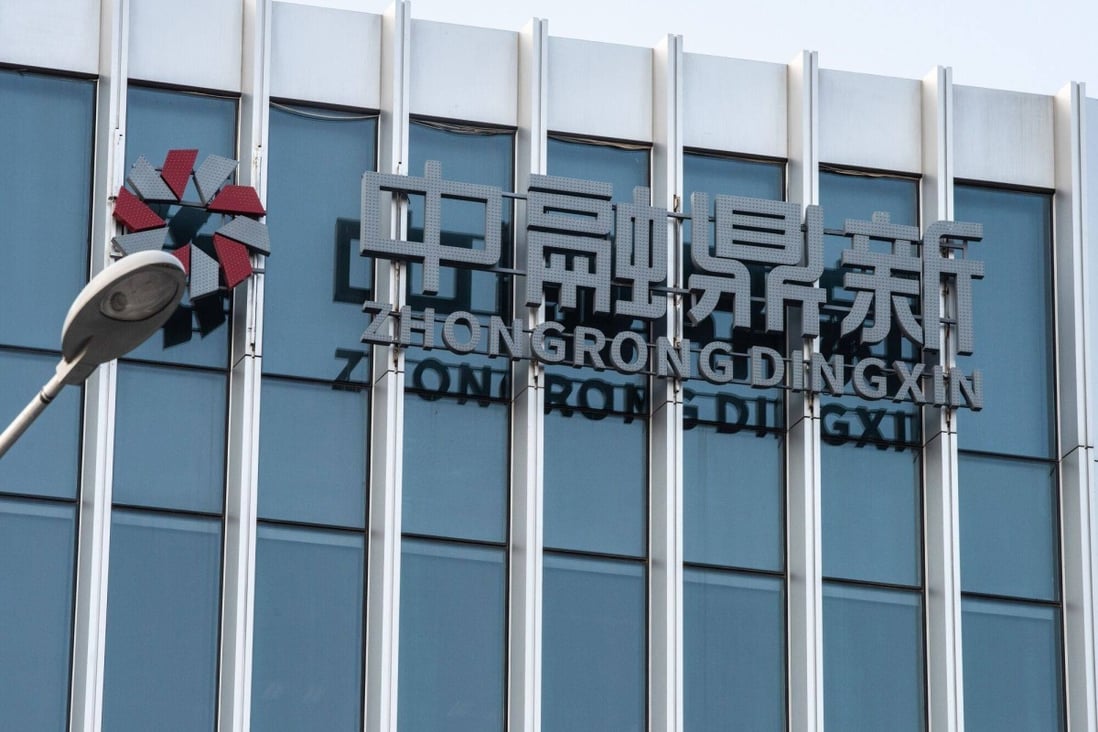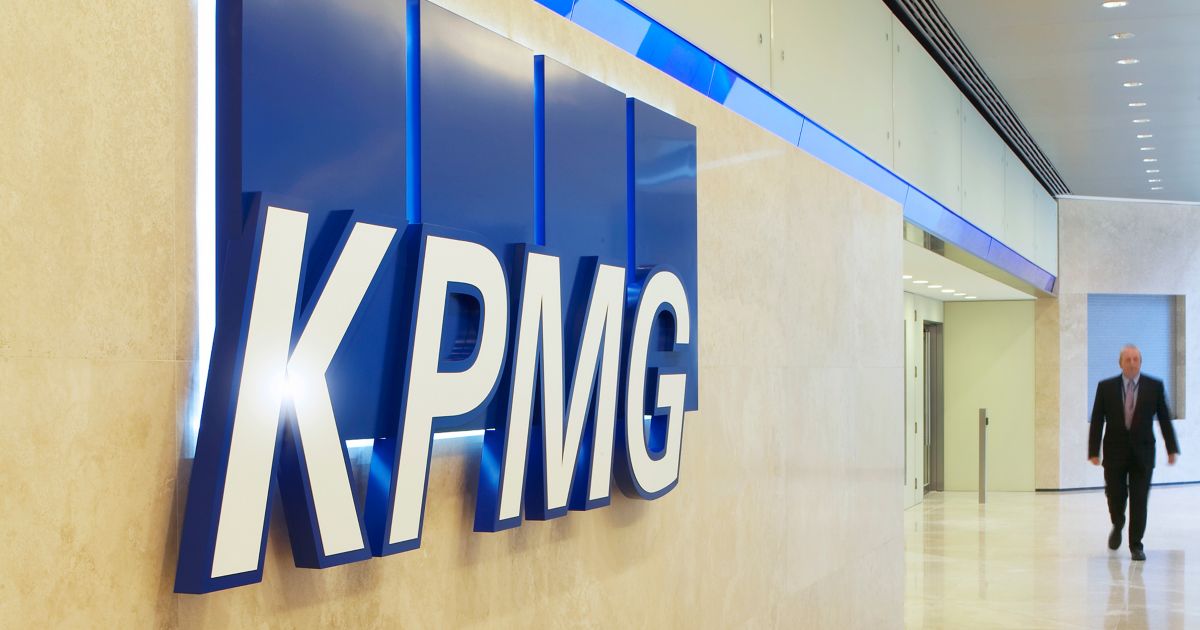
Zhongzhi, China’s troubled US$137 billion shadow bank hires KPMG for debt restructuring
- Zhongzhi Enterprise Group hired KPMG in late July to review its balance sheet amid a worsening liquidity crunch, sources said
- China’s
banking regulator has set up a task force to examine risks at Zhongzhi
as authorities are worried about potential contagion
The concern is Zhongzhi becomes unable to draw sufficient new investment to replace maturing funds, increasing the risk of more missed payments, said Dinny McMahon, an analyst for consultancy Trivium China and author of China’s Great Wall of Debt.

One Zhongzhi-backed trust company, Zhongrong International Trust, has missed payments on dozens of products and has no immediate plan to make clients whole. Zhongrong has 270 high-yield products totalling 39.5 billion yuan due this year, according to data provider Use Trust.
The crisis in the shadow banking system is worsening a sell-off in Chinese financial markets, which are already under pressure from disappointing economic data and the slumping property market. While the nation’s top leaders have vowed to boost domestic consumption and support the private sector, they have yet to announce any new stimulus measures. Adding to the stress, Chinese local corporate bond defaults are running at the highest levels since the beginning of the year.
The MSCI China Index fell as much as 2 per cent on Thursday in a fifth day of losses, before erasing declines. The offshore yuan is near a record low against the US dollar.
China’s trust industry pools savings from wealthy households and corporate clients to make loans and invest in real estate, stocks, bonds and commodities.
According to Bloomberg Economics, the trust sector’s exposure to real estate is about 2.2 trillion yuan, or 10 per cent of total assets as of the end of 2022. Zhongrong is the ninth-biggest trust, with about 600 billion yuan in assets.
Pressure is building on President Xi Jinping’s government to cap the contagion risks and prevent social unrest. About two dozen people protested outside Zhongrong’s office in Beijing this week, a notable show of public outrage in a country with little tolerance for dissent.
Zhongrong products paid out as much as 7 per cent in annual interest, appealing to mostly wealthy individuals and companies who bet they would be safe investments as Chinese stocks and real estate prices tumble.
In a video clip of the protest seen by Bloomberg News, a woman angrily asks: “Why doesn’t the company pay us back?”







No comments:
Post a Comment
Note: Only a member of this blog may post a comment.